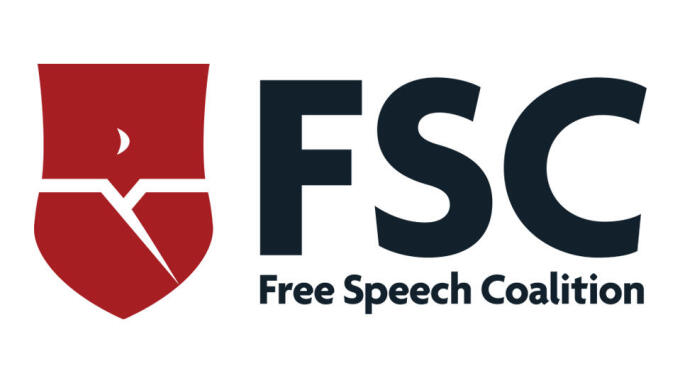SALT LAKE CITY — Free Speech Coalition issued a warning Monday about Utah’s age verification requirement for sites hosting adult content, which takes effect Wednesday.
“Sites that do not age-verify users as prescribed by the law will be liable for civil suits should a minor access — and be harmed by — content on the site,” FSC’s statement explained. “Unfortunately, the Utah legislation does not provide a straightforward way to comply.”
The rest of FSC’s statement follows:
While Louisiana's LA Wallet offers a system for websites to remotely validate IDs, Utah's digital ID provider does not offer that functionality. And the other compliance methods required by the legislation don't align with the current offerings from most if not all, AVS providers.Mississippi, Arkansas, and Virginia have also passed Louisiana-style laws — with similar compliance issues — and Montana looks poised to do the same. All told, we expect half a dozen age-verification laws to be in effect by this summer.
Despite the hype, there's been very little adherence to new age verification mandates. Almost all sites are geo-blocking Louisiana. In Utah, where there is even less ability to comply, we will likely see more blocks.
FSC has contacted Utah officials to determine if website compliance is possible through their state's digital ID provider. In the interim, we are continuing to look for solutions that would fully comply with the legislation and reduce the need for multiple verifications while avoiding massive fees and privacy risks for users.
So far, we haven't found a solution that meets all or even most of those criteria.While we're looking at potential challenges to these laws, everyone's risk tolerance is different. For those with low risk tolerance, it might make sense to onboard the AVS provider of your choice — Yoti and VerifyMy are both members of FSC. Others might move toward keeping explicit content behind a paywall, which won't entirely protect them but will likely reduce the chance that a minor can access their content.
If you decide that blocking traffic is the right approach for your site, Free Speech Coalition has created a site that you can redirect users from those states to that explains why they’re being blocked and encourages them to contact their legislators.
For more information, visit DefendOnlinePrivacy.com.
That said, we have yet to see any cases filed in Louisiana (caveat: the state seems poised to pass a bill allowing the Attorney General to bring lawsuits directly). For those with higher risk tolerance, that may be enough.
FSC always advises consulting with your legal advisors on questions like these. While we cannot tell you precisely what's right for your business, we will continue to keep you informed.
For more information, visit FreeSpeechCoalition.com.






